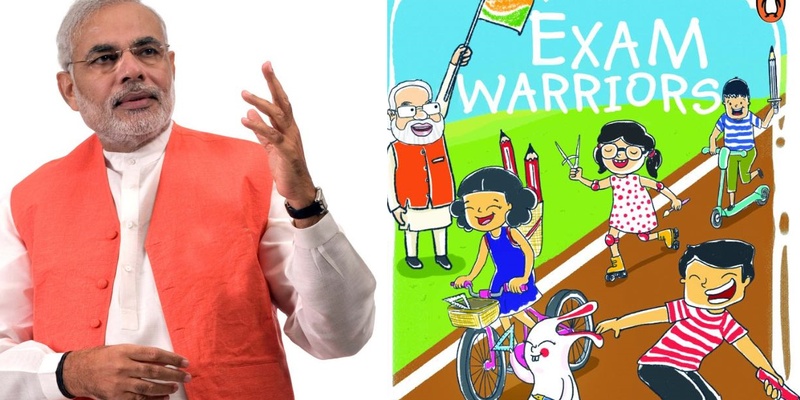A Nation Looks Back: PM Modi’s Mann Ki Baat Reflects on India’s Standout Year 2025
As the curtain slowly falls on 2025, Prime Minister Narendra Modi’s words in his year-end Mann Ki Baat capture the mood of a nation looking back with pride and forward with renewed resolve. From national security and sports triumphs to space milestones, environmental progress, and cultural resurgence, the Prime Minister said India has left a “strong mark everywhere” this year—at home and on the global stage.“This year has given India even more confidence,” PM Modi said, adding that the country now steps into 2026 with “new hopes and new resolutions.”Security First: Operation Sindoor and a Clear Message to the WorldOne of the defining moments of 2025, the Prime Minister noted, was Operation Sindoor, which emerged as a powerful symbol of national pride. According to PM Modi, the operation sent an unmistakable message—that today’s India does not compromise on its security.“The world clearly saw that today’s India stands firm,” he said. What stood out, however, was not just strategic strength but the emotional response of citizens. From cities to villages, people expressed love and devotion for the nation in deeply personal ways, turning the operation into a collective national moment.That same spirit of unity, PM Modi added, was reflected during the 150-year celebrations of ‘Vande Mataram,’ when citizens enthusiastically shared messages and ideas using the hashtag #VandeMataram150, reaffirming the song’s timeless emotional power.A Golden Year on the Sports FieldCalling 2025 a “memorable year for Indian sports,” the Prime Minister highlighted achievements that rewrote record books and lifted national morale.India’s men’s cricket team lifted the ICC Champions Trophy, while the women’s cricket team created history by winning the World Cup for the first time.India’s daughters also made the nation proud by winning the Women’s Blind T20 World Cup, reflecting the expanding horizons of inclusivity in sports. Adding to the celebrations, the men’s cricket team hoisted the tricolor at the Asia Cup T20, reinforcing India’s dominance across formats.PM Modi reserved special praise for para-athletes, whose medal-winning performances at World Championships, he said, proved that “no obstacle can stop determination.”Science and Space: India Touches the StarsIndia’s scientific journey also reached a historic high in 2025.PM Modi recalled that Shubhanshu Shukla became the first Indian to reach the International Space Station, marking a watershed moment for the country’s space ambitions.The achievement not only reflected technological advancement but also symbolized India’s growing confidence in contributing meaningfully to global scientific efforts.Nature, Conservation, and a Greener OutlookEnvironmental protection and wildlife conservation emerged as another hallmark of the year. PM Modi pointed out that India’s cheetah population crossed 30, reflecting steady progress in rewilding and conservation efforts.These initiatives, he said, underline India’s commitment to balancing development with ecological responsibility—a message of long-term sustainability as the nation moves forward.Faith and Culture2025 was also a year deeply rooted in faith and heritage. At the beginning of the year, the Prayagraj Mahakumbh captivated global attention with its scale and spiritual energy. As the year closed, the flag-hoisting ceremony at the Ram Temple in Ayodhya filled the nation with pride and emotion.PM Modi also highlighted the growing enthusiasm for indigenous products, noting that more Indians are choosing goods that carry “the mark of Indian labour and the fragrance of Indian soil.”Looking Ahead to 2026As India prepares to turn the calendar page, PM Modi summed up the year with quiet optimism. “We can proudly say that 2025 has strengthened India’s confidence,” he said, adding that the nation is now ready to march into 2026 with fresh energy and determination.If 2025 was about proving strength and unity, 2026, the Prime Minister said, will be about building boldly on that foundation.

